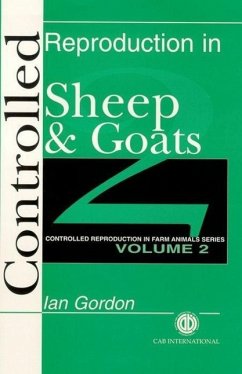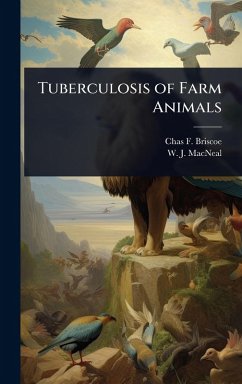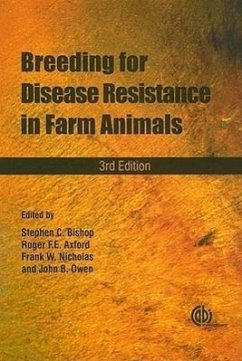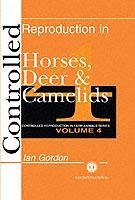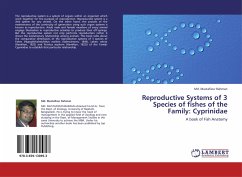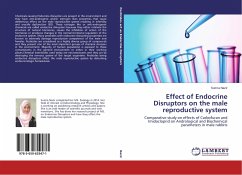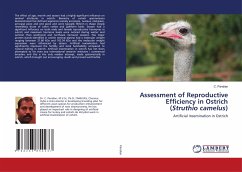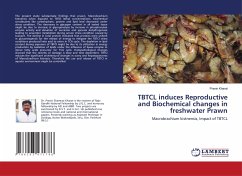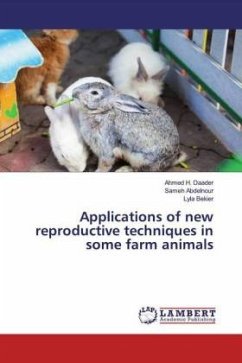
Applications of new reproductive techniques in some farm animals
Versandkostenfrei!
Versandfertig in 6-10 Tagen
41,99 €
inkl. MwSt.

PAYBACK Punkte
21 °P sammeln!
In the last three decades, rabbit meat production has evolved from more or less traditional production systems to other more intensive ones due to relevant advances in genetic selection, reproductive management and feeding systems (Pascual, 2010). Artificial insemination (A.I) is now widely used in rabbit production systems within European countries. However, in Egypt A.I. is still practiced on a very limited scale in all rabbit farms. One of the main constraints is the processing and storage of rabbit semen for prolonged periods, while still preserving acceptable fertility and prolificacy. In...
In the last three decades, rabbit meat production has evolved from more or less traditional production systems to other more intensive ones due to relevant advances in genetic selection, reproductive management and feeding systems (Pascual, 2010). Artificial insemination (A.I) is now widely used in rabbit production systems within European countries. However, in Egypt A.I. is still practiced on a very limited scale in all rabbit farms. One of the main constraints is the processing and storage of rabbit semen for prolonged periods, while still preserving acceptable fertility and prolificacy. In addition, success of artificial insemination is dependent on the quality of semen obtained and its capacity for dilution and storage with minimum loss of fertilizing ability.




